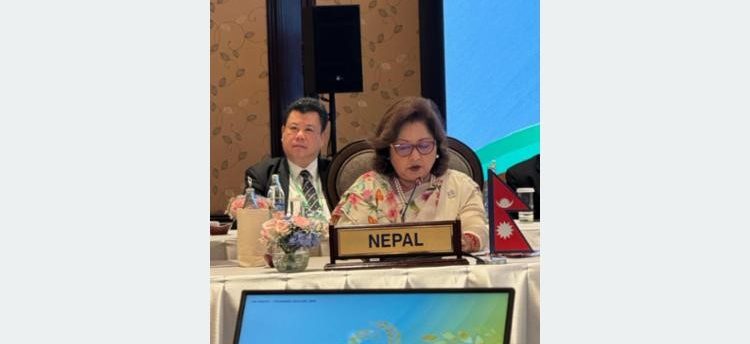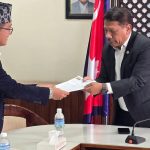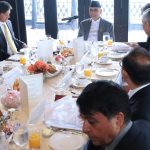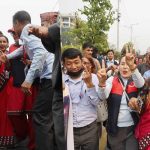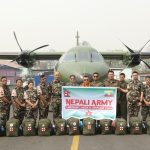Kathmandu: Minister for Foreign Affairs Dr. Arzu Rana Deuba has stressed the need for the Bay of Bengal Initiative for Multi-Sectoral Technical and Economic Cooperation (BIMSTEC) to uphold the spirit of regional unity and cooperation.
Addressing the 20th BIMSTEC Ministerial Meeting held on Thursday as part of the 6th BIMSTEC Summit in Bangkok, she called for unity and collective cooperation to strengthen BIMSTEC as a platform that represents the shared aspirations of the citizens of the Bay of Bengal region.
‘BIMSTEC symbolises a dazzling rainbow representing two dynamic regions of South Asia and Southeast Asia- each of its seven colours illuminating rich civilizations, cultures, histories, and ecological diversity. It should make efforts to unlock the potential for economic prosperity of the citizens of this region,’ said Minister Dr Rana.
Minister Dr. Rana reiterated Nepal’s commitment to regionalism and multilateralism in a peaceful, equitable, and inclusive manner under the leadership of the United Nations. ‘We are actively engaged in all regional and global forums to strengthen peace, security, and sustainable development. We are also proud to be the largest peacekeeping troop contributor to the United Nations’ said Minister Dr Rana.
She also reaffirmed Nepal’s commitment to the charter, principles and objectives of BIMSTEC since becoming a member in 2004. Highlighting challenges such as climate change, natural disasters, environmental degradation and the devastating effects of pollution, she urged immediate efforts for infrastructure enhancement, disaster early warning systems implementation and involvement of local communities in environmental protection.
She welcomed India’s proposal to initiate establishing the BIMSTEC Centre of Excellence in Disaster Management, expressing confidence that it would complement regional efforts in controlling and combating natural disasters while leveraging AI to address all these challenges. Dr Rana further highlighted BIMSTEC’s leading role in promoting regional peace, unity and environmental sustainability in the Bay of Bengal region and beyond.
Calling for transformation into a strong partnership platform and a strong regional organisation, she underscored the need for cooperation, regional unity and political will to align BIMSTEC with current global trends. She suggested many key initiatives, like expediting the establishment of the BIMSTEC Free Trade Area, implementing the EPG Report and projects identified in the BIMSTEC Master Plan for Transport Connectivity, advancing BIMSTEC Grid Interconnection, and fully operationalising regional centres and entities.
Additionally, Minister Dr. Rana called for focusing on leveraging synergies and complementarities among Member States through collaborative strategies for resource utilization, workforce mobilisation, policy alignment, trade and transit facilitation, energy cooperation, investment promotion, technology transfer, regional infrastructure development and integrated Digital Public Infrastructure (DPI) for e-governance services.
Minister Dr. Rana also suggested cooperation between educational institutions in the region, public awareness and treatment of maternal and child health and mental health issues, and capacity building to combat diseases caused by climate-related complications. Prioritising gender equality and women’s empowerment.
She urged member states to share successful strategies for mainstreaming women in governance, development and conflict management to address historical injustice and deliver on promises of a better world.
Minister Dr Rana called for collaboration among development partners and regional and international organisations to promote culture and tourism, alleviate poverty, and seek solutions to climate-related complications through people-to-people ties.
The meeting was attended by foreign ministers of BIMSTEC member states.
RSS


